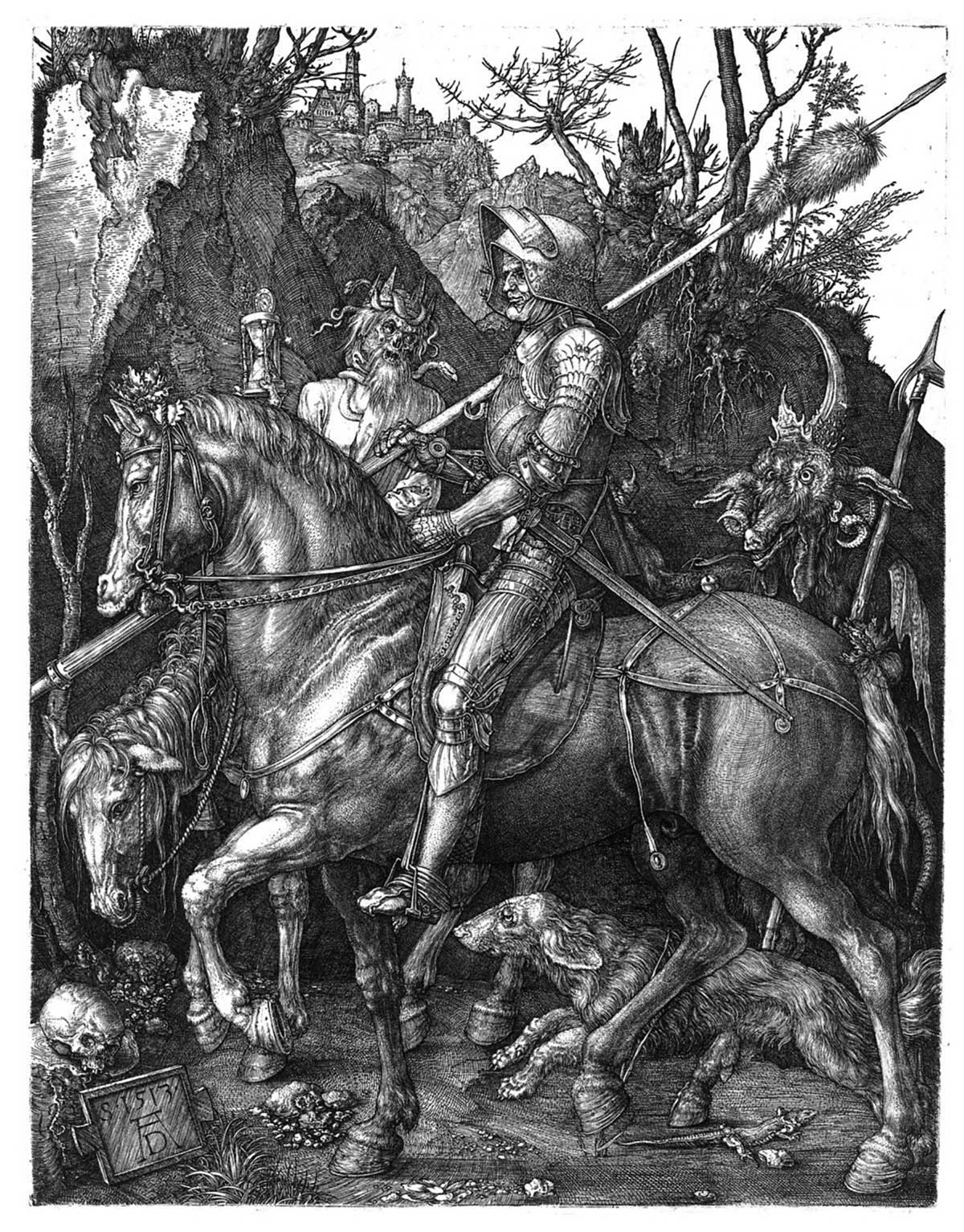The Jewish Indictment
S. M. Hutchens on the Gospel of Christ & the Law of the Lord
Judaism is a national life, a life which the national religion and human ethical principles (the ultimate object of every religion) embrace without engulfing. Jesus came and thrust aside all the requirements of the national life . . . he ignored them completely; in their stead he set up an ethico-religious system bound up with his conception of the Godhead. . . . Everything which Jesus ever uttered of [universal moral import] is Jewish ethical teaching, too; but his overemphasis was not Judaism, and, in fact, brought about non-Judaism. When these ethical standards are severed from the facts of daily life and taught as religious rules, while, at the same time, everyday life is conducted along completely different lines . . . it is inevitable that such ethical standards can make their appeal only to priests and recluses and the more spiritually minded among individuals. . . . Such has been the case with Christianity from the time of Constantine till the present day. . . .
—Joseph Klausner, Jesus of Nazareth: His Life, Times, and Teaching, in
Barker and Gregg, Jesus Beyond Christianity (Oxford, 2010), 56–57.The Christian variation is of a new beginning implicit in sacred order that lives in the flesh of the Jew Jesus as himself, in himself, sacred order incarnate. . . . The use of this image of Jesus as the Christ suggested to the ancients of Israel from the beginning a danger to sacred order itself. . . . The emergence of Christ into the self of every faithful Christian became the art of imagining oneself crucified with Christ. This being with Christ was not necessarily a doing of the commanding truths out of Israel. . . . Those commanding truths were best understood as historically superseded by the advent of the Christ . . . the sacred writings, the great cultural achievement of Israel, were concluded under a condition that was itself unredeemed. . . . Sacred order was not only not enough but actually excluded the revelation of that faith which is the fusion of Christ’s self into every believing human self. Here is the origin of the famous pragmatic will to believe in this version: “Wherefore the law was our schoolmaster to bring us unto Christ, that we might be justified by faith. But, after that faith is come, we are no longer under a schoolmaster. For ye are all the children of God by faith in Christ Jesus” (Galatians 3:24–26).
THIS ARTICLE ONLY AVAILABLE TO SUBSCRIBERS.
FOR QUICK ACCESS:
S. M. Hutchens is a senior editor and longtime writer for Touchstone.
subscription options
Order
Print/Online Subscription
Get six issues (one year) of Touchstone PLUS full online access including pdf downloads for only $39.95. That's only $3.34 per month!
Order
Online Only
Subscription
Get a one-year full-access subscription to the Touchstone online archives for only $19.95. That's only $1.66 per month!
bulk subscriptions
Order Touchstone subscriptions in bulk and save $10 per sub! Each subscription includes 6 issues of Touchstone plus full online access to touchstonemag.com—including archives, videos, and pdf downloads of recent issues for only $29.95 each! Great for churches or study groups.
Transactions will be processed on a secure server.
more from the online archives
calling all readers
Please Donate
"There are magazines worth reading but few worth saving . . . Touchstone is just such a magazine."
—Alice von Hildebrand"Here we do not concede one square millimeter of territory to falsehood, folly, contemporary sentimentality, or fashion. We speak the truth, and let God be our judge. . . . Touchstone is the one committedly Christian conservative journal."
Support Touchstone
—Anthony Esolen, Touchstone senior editor










